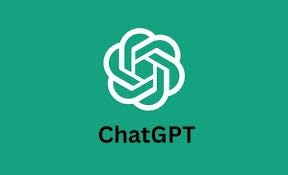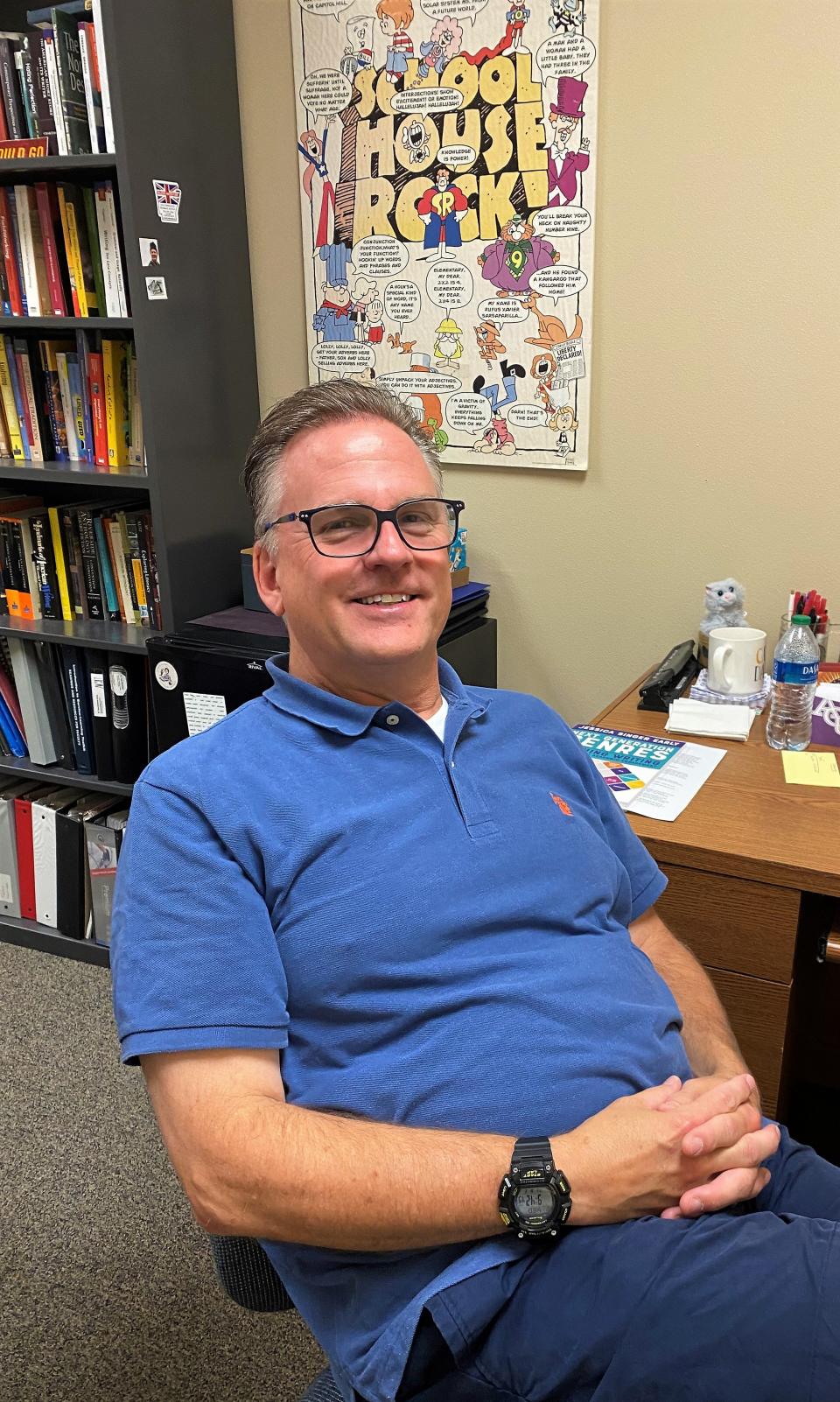AI and Abilene Christian: Profs challenged to take on what's next
- Oops!Something went wrong.Please try again later.
Is in the pill you took today."
- "In the Year 2525," Zager and Evans, 1969
Almost 55 years ago this month, a song by Denny Zager and Rick Evans peered into the future and found it to be perilous. The song, recorded in one take in a field near Odessa - yes, just west of Abilene - was No. 1 for six weeks.
We're still a long way from 2525, but were folk singers Zager and Evans musical prophets?
The emergence of AI - artificial intelligence - in the mainstream would suggest they had an inkling of what was ahead the same year Neil Armstrong walked on the moon.
Nine months ago, ChatGPT was released. It's the product of software firm Open AI and capable of creating human-like text based on past conversations and input on context.
It's called a "language processing tool."

ChatGPT has excited many while causing others concern. Red flags were hoisted on college campuses, where administrators and faculty had to call a time-out and huddle on the sidelines to figure out a game plan on the fly. Would students simply let ChatGPT write their term papers?
Expelliarimus!
As the fall academic term approaches, we talked to representatives of Abilene's three four-year universities about AI's arrival. Actually, it was pointed out, AI has been around for years.
Think Hal 9000 in "2001: A Space Odyssey," which came out in 1968.
A year before the Zager and Evans' musical warning.
"In the year 5555
Your arms hangin' limp at your sides
Your legs got nothin' to do
Some machine's doin' that for you."
ACU writing coach emphasizes need to embrace what's next
What about teaching students how to write?
Dr. Cole Bennett is an English professor who also directs the ACU Writing Center. He is invested in writing, and "not afraid" of technological advances such at ChatGPT.
Before the fall term begins, ACU faculty will gather for a one-day jumpstart into classes called "Faculty Fusion."
One development session will focus on AI, and include Bennett.
"We've had a lot of faculty interest from all over campus," he said. "The comforting news is that very few people in academic are standing there saying, 'I have all this figured out. I have all this figured out, so here we go.'"
Instead, the goal is to become individually comfortable in the classroom.

The goal of the writing center, which Bennett said many universities now offer, is to help students with, no surprise, their written work. But not just students who struggle - many students, he said, are A and B students who want their work to shine. A resume, or a poem.
The one-on-one aspect works, and it's where stumbling blocks such as plagiarism can be caught before an instructor makes the arrest.
So how will tutors employ ChatGPT into the efforts at the center? Will there be a need for a writing coach if a computer is doing the writing?
Bennett believes there will.
He specializes in composition and rhetoric - the writer's intent to persuade. This background is driving him forward in embracing AI. He clearly states he is not afraid of what has arrived.
But gone on are the days of book reports. ChatGPT can write a summary and analysis. Many have done that before. It can gather those ideas and give a student a terrific presentation, Bennett said.
Instructors, he said, had to ask, "Where can we take that?"
For example, how the content of a book assigned to be read "intersects the things that we've been learning in this class. That's a much narrower assignment that's not going to be found on Wikipedia."
And if AI can do that, too, faculty has to ask again, "What am I trying to get my students to learn and how can I do that so it doesn't just encourage, it demands them to bring in their creativity? Their rhetorical creativity."
Dr. James Prather, a computer science prof at ACU, spoke previously to faculty and said ChatGPT can write flawless program coding in 10 seconds. That was what students were tasked to do. Prather ditched that.
"I am moving onto what's next," Prather told faculty. Bennett asked himself the same question, as did others.
"People who are teaching writing are teaching rhetoric," he said. "We want student to assert claims with evidence."
The focus become nuance rather than emphasis on research. ChatGPT can do that.
"How do you use a source as evidence? How do you integrate it?" Bennett asked. "We're now talking about evaluation of rhetoric as we create rhetoric, more than the mechanics of rhetoric.
"I think what ChatGPT is doing is bringing a tool to bear that is so accomplished at doing certain things that it pushes us to teach more nuanced rhetoric."
Thus, Bennett sees AI has a great tool, not something to catch and punish.
"I think that is a fool's errand," he said.
He easily can spot Joe Lazy - not that Joe attends ACU, he said, laughing.
"As I grade students' essays, I still am very attuned to whether they are meeting the prompt well rhetorically," Bennett said. It doesn't matter of Joe wrote it or asked his friend, ChatGPT.
Did Joe not read over the work to make sure it presented what he wanted to turn in it?
"Sometimes," Bennett said, "ChatGPT will miss a prompt."
"My job is to teach both the production and reception of rhetorical savvy," he said.
"Is this saying what I'm trying to say?"
This article originally appeared on Abilene Reporter-News: AI and Abilene Christian: Profs challenged to take on what's next

